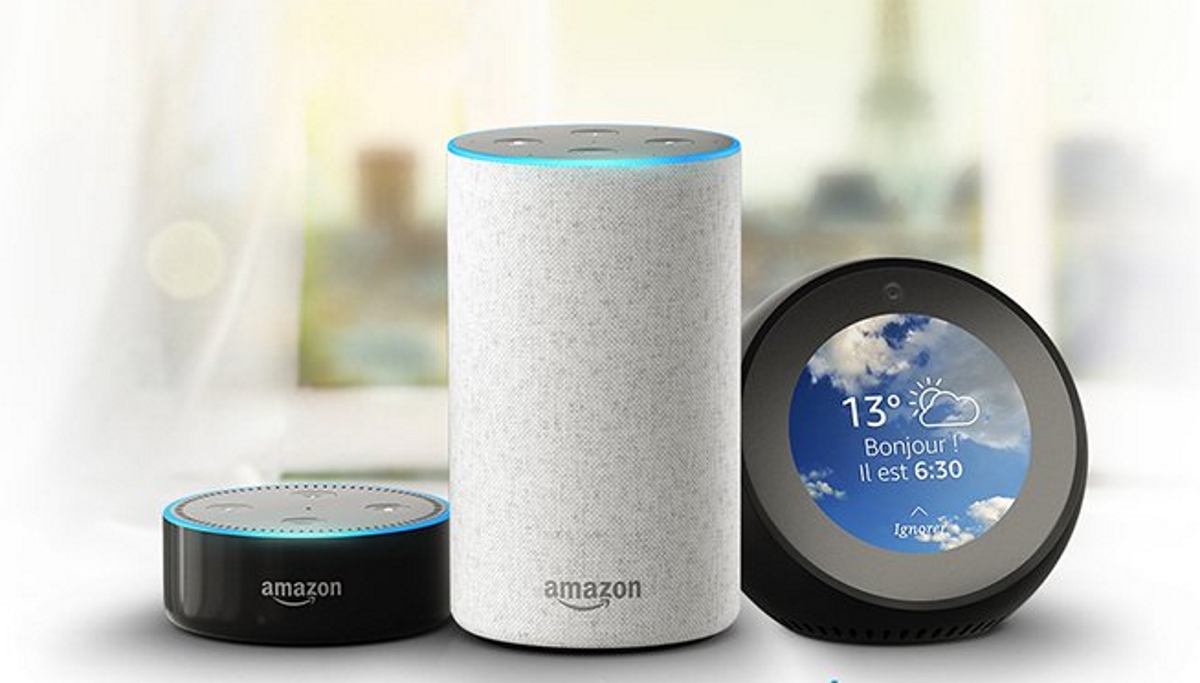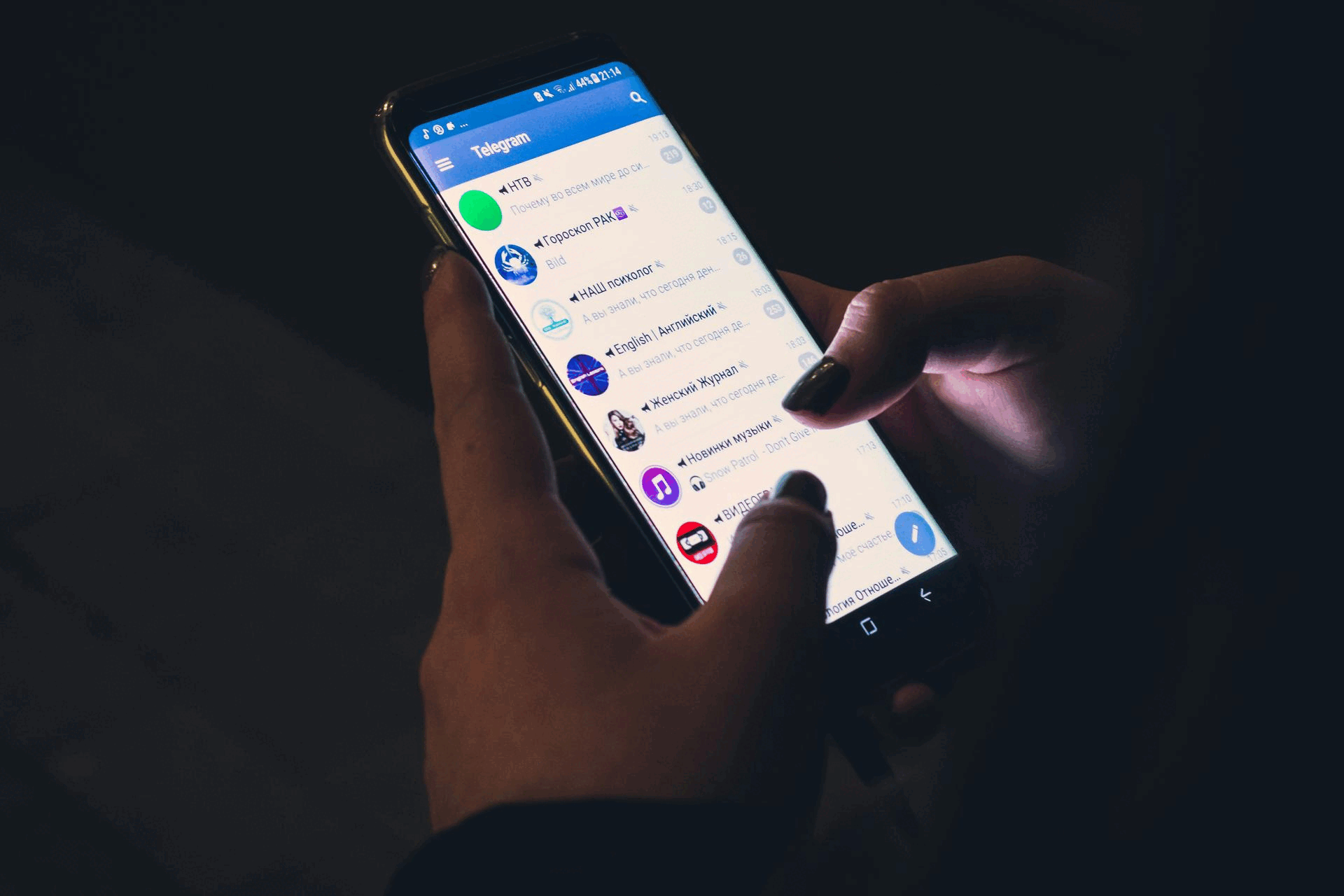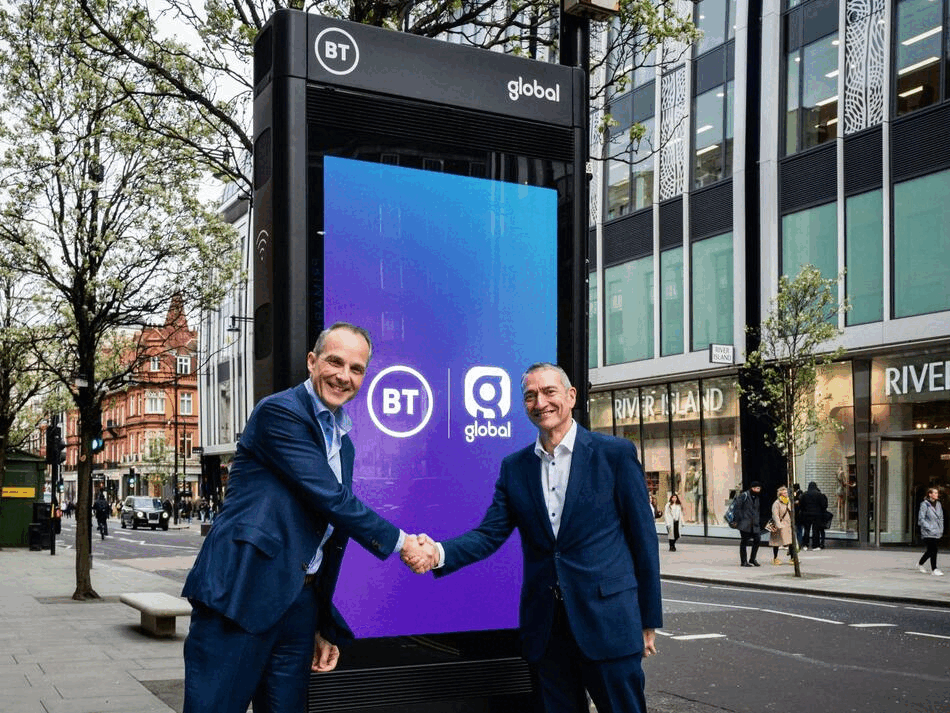Amazon listens in to Alexa recordings to “improve the customer experience”
- Thursday, April 11th, 2019
- Share this article:
 Amazon routinely listens in to voice recordings of commands issued by consumers to their Echo devices, Bloomberg has discovered. The company employs thousands of people around the world to listen to voice recordings captured in Echo owners’ homes and offices in order to help improve the Alexa digital assistant powering its line of Echo speakers, the report reveals. The recordings are transcribed, annotated and then fed back into the software in order to improve Alexa’s understanding of human speech. ~
Amazon routinely listens in to voice recordings of commands issued by consumers to their Echo devices, Bloomberg has discovered. The company employs thousands of people around the world to listen to voice recordings captured in Echo owners’ homes and offices in order to help improve the Alexa digital assistant powering its line of Echo speakers, the report reveals. The recordings are transcribed, annotated and then fed back into the software in order to improve Alexa’s understanding of human speech. ~
The recordings are not tied to the user’s full name, but are associated with the user’s first name, an account number, and the device’s serial number.
In its report, Bloomberg quotes as its source, “seven people who have worked on the program”. The listening team, it says, is made up of a combination of contractors and full-time Amazon employees, each working a 9-hour day in which they can parse up 1,000 audio clips each, according to two workers Bloomberg spoke to based at Amazon’s Bucharest office.
The workers use internal chat rooms to share files when they need help to make a word out. Amazon said that if the people listening to the recording hear something distressing, it has procedures in place telling them what to do. But two of the Romania-based employees told Bloomberg that when they requested guidance, they were told it was not Amazon’s job to interfere.
In a statement, Amazon said: “We take the security and privacy of our customers’ personal information seriously. We only annotate an extremely small sample of Alexa voice recordings in order [to] improve the customer experience…
“We have strict technical and operational safeguards, and have a zero tolerance policy for the abuse of our system. Employees do not have direct access to information that can identify the person or account as part of this workflow. All information is treated with high confidentiality and we use multi-factor authentication to restrict access, service encryption and audits of our control environment to protect it.”
According to the Bloomberg report, both Apple and Google also listen in to recordings of voice commands to Siri and Google Assistant respectively. The Siri recordings do not have personally identifiable information and are stored for six months tied to a random identifier. After that, the data is stripped of its random identification information but may be stored for longer periods to improve Siri’s voice recognition.
Google, meanwhile, said that some reviewers can access some audio snippets from its Assistant to help train and improve the product, but it’s not associated with any personally identifiable information and the audio is distorted.
















